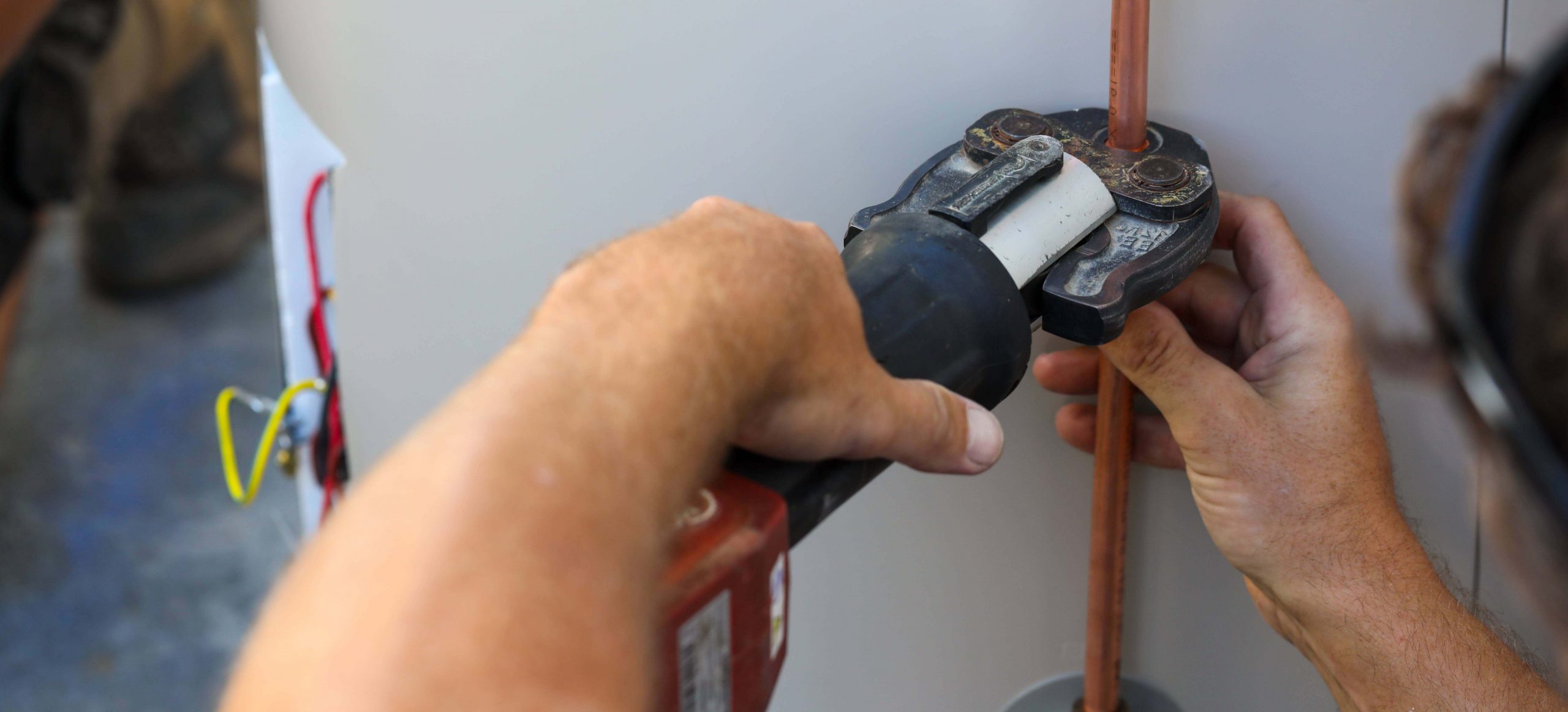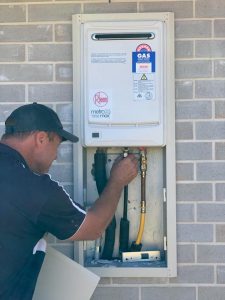How to Cope with the Major Hot Water Heater Urgencies
How to Cope with the Major Hot Water Heater Urgencies
Blog Article
The content below pertaining to Warning Signs You Need Water Heater Repairs is extremely stimulating. Read it for yourself and see what you think of it.

A hot water heater is just one of the most essential fundamental home appliances that can be located in a residence. With water heaters, you do not require to experience the tension of home heating water manually whenever there is a demand to wash, wash, or the meals. However, there is always a possibility that your water heater would break down as with most mechanical devices.
It is important to note any kind of little breakdown and also tackle it quickly prior to points get out of hand. The majority of times, your water heater starts to malfunction when there is a build-up of debris as a result of continual use. As a precaution, regular flushing of your water heater is advised to avoid sediment buildup and prevent practical failure.
Typical water heater emergencies and how to deal with them
Too little warm water
It might be that the water heating unit can't sustain the hot water need for your apartment or condo. You could update your water heating unit to one with a bigger capability.
Varying water temperature level.
Your water heater can start creating water of various temperatures usually ice scalding or chilly warm. In this scenario, the first thing you do is to make sure that the temperature level is set to the preferred degree. If after doing this, the water temperature level keeps transforming throughout showers or various other activities, you could have a malfunctioning thermostat. There might be a need to replace either the home heating or the thermostat unit of your water heater.
Leaking water heater tank.
A dripping storage tank could be an indication of rust. It can create damages to the floor, wall and also electrical devices around it. You might even go to risk of having your house swamped. In this circumstance, you need to shut off your hot water heater, enable it to cool, and also carefully search for the source of the trouble. At times, all you require to do is to tighten up a couple of screws or pipeline links in cases of small leaks. Yet if this doesn't function as well as the leak persists, you could require to employ the solutions of a specialist for an appropriate substitute.
Stained or smelly water
When this happens, you need to recognize if the issue is from the water or the container source. If there is no amusing scent when you run cold water, after that you are specific that it is your water heating unit that is damaged. The stinky water can be caused by corrosion or the accumulation of germs or debris in the water heating system tank.
Conclusion
Some house owners overlook little caution and also minor faults in their hot water heater device. This just leads to further damages and also a feasible full malfunction of your home appliance. You need to manage your hot water heater mistakes as soon as they come up to stay clear of even more expenses and unnecessary emergency troubles.
With water heating systems, you do not require to go with the stress of heating water manually every time there is a demand to take a bathroom, do the washing, or the meals. It might be that the water heater can't sustain the hot water demand for your apartment or condo. Your water heater can start producing water of various temperatures usually ice hot or cold hot. If there is no amusing smell when you run cold water, after that you are particular that it is your water heater that is malfunctioning. The odiferous water can be caused by rust or the build-up of germs or debris in the water heating system container.
What’s Wrong With My Water Heater?
Not Enough Hot Water
You probably encounter this problem in the shower or while washing dishes. As you run your water, you’ll notice it starting to cool down. Turning up the hot faucet may not work, or it may only heat the water for a short period. Your hot water probably comes back and works normally one or two hours after you use it up.
If you’ve never had enough hot water, your heater may be too small for your home. If you haven’t had a problem until recently, there’s probably something’s wrong with your heater’s thermostat. Try adjusting it to see if you can feel a difference. Even if the thermostat’s working, the heating element itself could have burnt out. It’s also possible that a clog has restricted water flow into or out of the heater. Luckily, none of these problems are hard to fix, as long as you call them in early.
Water is Too Hot
Unregulated water heaters can make water dangerously hot. You probably have this problem if you’ve been scalded by your hot water. It’s also a likely culprit if you have trouble getting your faucets to produce a comfortable temperature. This problem is easy to fix, but it can also be a serious health hazard if you don’t address it. If you think your water is too hot, don’t doubt yourself; look into it!
Start by finding your heater’s thermostat and mark its position with a pen. Turn the thermostat to a cooler setting. Wait a couple hours to see if the problem is solved. If it isn’t, listen for boiling in the tank and look for water that comes out of the faucet steaming. In those cases, your temperature-pressure relief valve may be malfunctioning. This is a serious problem that can be dangerous, so you should have it looked at right away.
Discolored or Smelly Water
If all your water looks rusty or smells weird, there’s probably a problem with your pipes. If only your hot water looks weird, however, your water heater is probably at fault. Hot water discoloration comes in several varieties. It could look orange or brown-ish, taste rusty, or feel grainy. It could also look yellow or green-ish and taste gross or feel slimy. Either way, it’s a sign that there’s something wrong with your water heater’s tank.
Usually, hot water discoloration means sediment has built up in your tank. Sediment is made up of hardened minerals that accumulate on the inside of the water heater’s walls. When enough sediment builds up, it causes all kinds of problems–including your discolored water. Try flushing your water heater tank to clean out built up sediment. If the water still tastes rusty, your tank’s rust-preventing anode rod may have worn out. A pro can replace an anode rod easily, but without one, your tank could rust beyond repair relatively quickly.
Leaking
Water heaters can leak from several different places, and each leak means something different. If the leak is coming from a pipe above the heater, it’s possible the tank itself hasn’t been compromised. The cold inlet, hot outlet, and T&P pipes could all leak from above. Try tightening the problematic valve. If that doesn’t work, then the valve or pipe will have to be replaced.
If the leak is coming from the bottom of the tank, it’s important to determine exactly where it is. The leak could be coming out of the drain valve or your T&P valve below the tank. You can replace those valves and preserve the tank itself. If you notice the water tank itself leaking, however, that probably means it’s corroded beyond the point-of-no-return. Leaking water heaters are a big deal, so you should get yours replaced ASAP.
https://www.punctualplumberdallas.com/blog/whats-wrong-water-heater/

Hopefully you enjoyed reading our section on Is Your Water Heater Leaking?. Many thanks for finding the time to read our article. If you enjoyed our blog entry please remember to pass it around. Thanks for your time. Kindly come by our website back soon.
Get professional leak detection today. Report this page